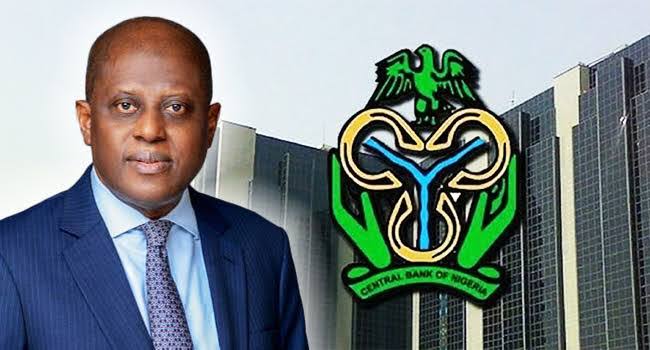The Central Bank of Nigeria (CBN) has imposed fines amounting to ₦15 billion on 29 banks for breaches of Anti-Money Laundering (AML) and Counter-Terrorism Financing (CTF) regulations.
CBN Governor, Olayemi Cardoso, disclosed this during the 2024 Bankers’ Night organised by the Chartered Institute of Bankers of Nigeria (CIBN) in Lagos.
Cardoso expressed concern over these violations, emphasising the need for affected banks to address the systemic lapses that enabled the infractions.
“In addition to these penalties, the banks are required to address the root causes of the lapses, which is crucial for improving regulatory effectiveness. Historically, the industry has struggled with recurring issues, but we are confident that this approach will help change that narrative,” Cardoso stated.
The Ripple Effects of Compliance
Cardoso underscored the broader impact of compliance, explaining that regulatory adherence is crucial to fostering trust and stability in the financial sector.
“A bank that prioritises compliance does more than protect itself -it strengthens the entire financial ecosystem. It directs financial resources toward growth, innovation, and prosperity rather than crime and corruption. Together, we must exceed standards, demonstrating to the public and the world that we are stewards of integrity and trust,” he noted.
He added that the repercussions of non-compliance go beyond penalties, as issues such as money laundering, fraud, and corruption erode trust and compromise the foundation of the financial system.
“The cost of inaction is profound—fraud undermines confidence, corruption erodes trust, and money laundering perpetuates organized crime,” he remarked.
Fostering a Culture of Compliance
Cardoso called for a robust compliance culture in Nigeria’s banking sector, urging financial institutions to not only meet regulatory standards but to proactively identify and mitigate risks.
He highlighted the responsibility of executives and boards to prioritise compliance strategically and adopt a zero-tolerance approach to violations, both in policy and practice.
The governor also stressed the importance of educating staff to detect and report unethical behaviour, fraud, or money laundering, while protecting whistleblowers from retaliation.
He further encouraged banks to conduct enhanced due diligence for high-risk clients, politically exposed persons, and vendors, ensuring illicit funds are prevented from flowing through the financial system.
Collaboration across the industry was another key point raised, with Cardoso advocating for intelligence-sharing on emerging risks, cooperation with law enforcement agencies, and open communication with regulators.
Addressing Industry Challenges
Cardoso acknowledged challenges such as cybersecurity risks and disparities in financial inclusion but expressed confidence that strengthened compliance frameworks would enable the banking sector to tackle these issues effectively.
Reflecting on the sector’s future, he stated, “Compliance is not just a regulatory requirement; it is central to our mission of fostering trust and integrity within the financial system. Together, we can build an industry that not only meets but exceeds global standards.”











